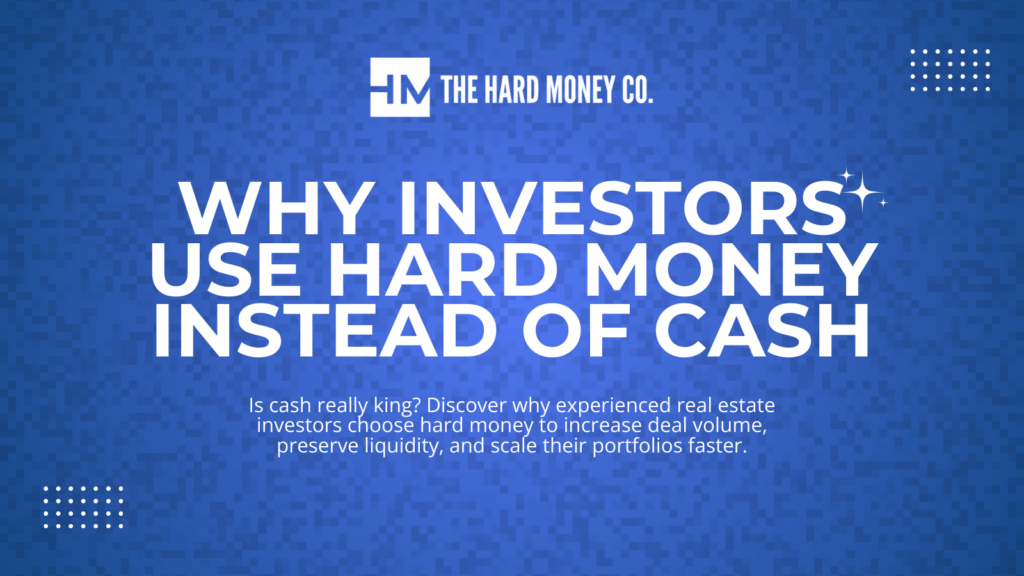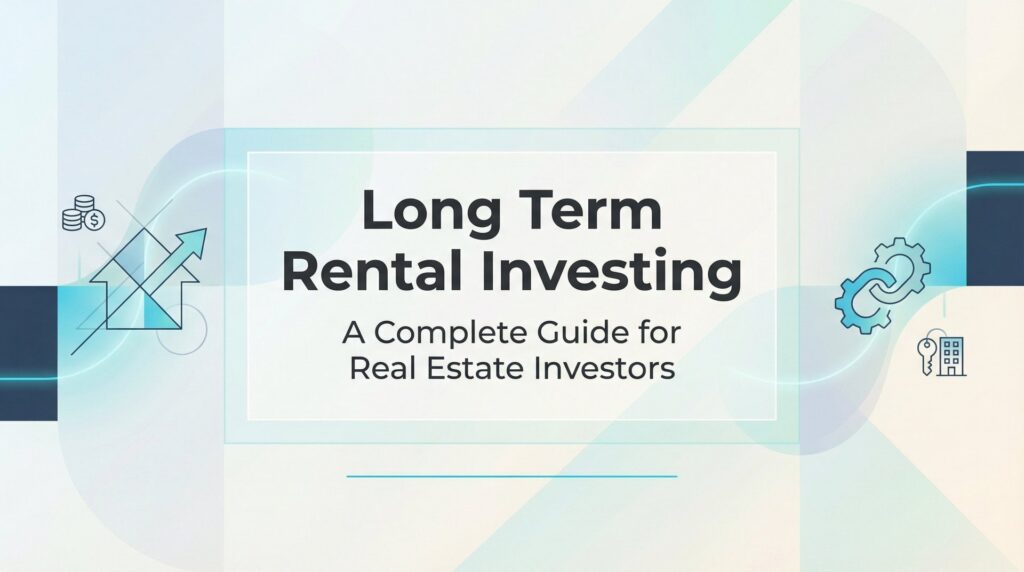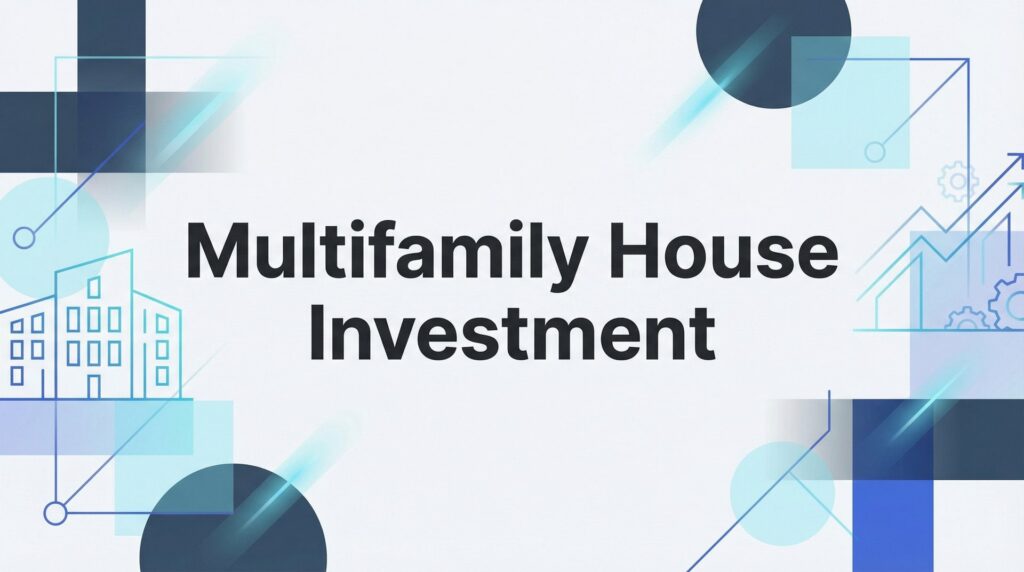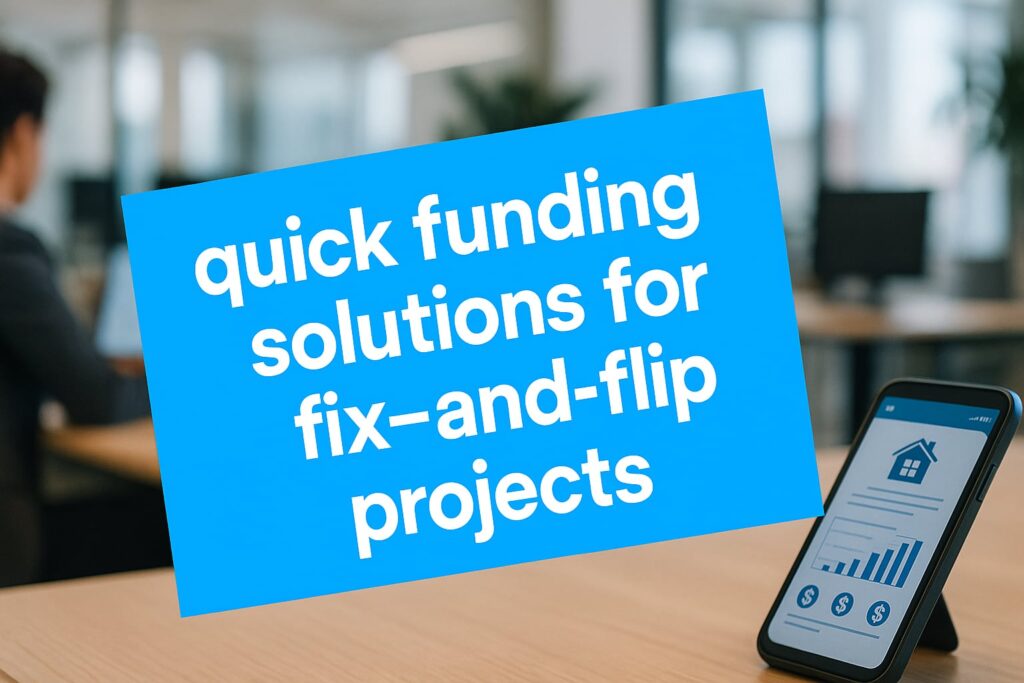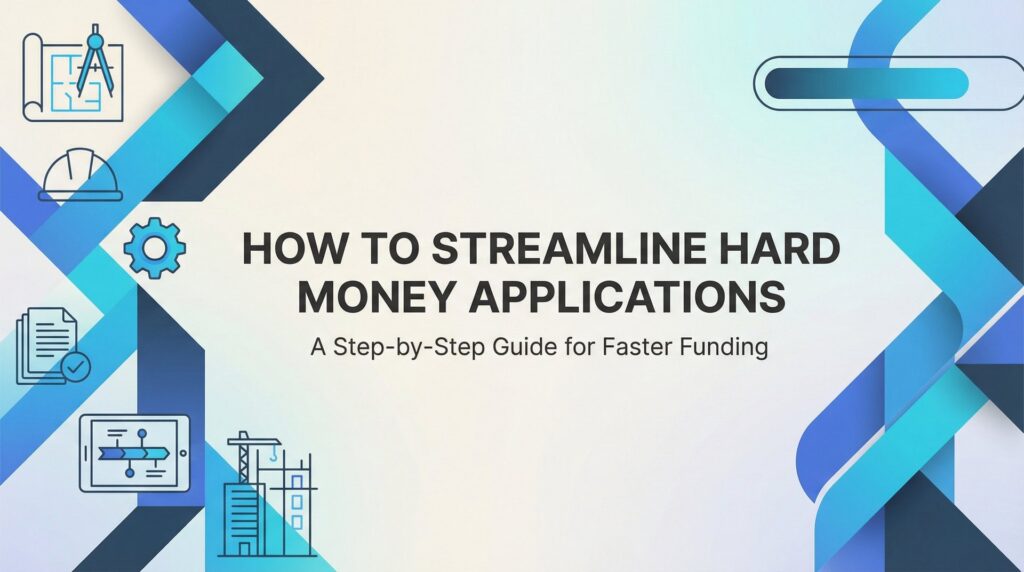May 21st, 2025
Invest with Other People's Money
Invest with Other People’s Money
The truth is, no one builds a serious real estate portfolio using only their own money. At some point, if you want to scale, you need to bring in capital from the outside. Other People’s Money, or OPM, is not just a tactic. It is the engine that drives real growth in this business.
This is not about cutting corners or sweet-talking investors. It is about finding real opportunities, understanding the numbers, and giving others a chance to earn alongside you. If you can present a compelling deal and explain it clearly, the money will follow.
Why OPM Is a Game-Changer for Real Estate Investors
When you start using OPM the right way, the benefits add up fast. You can pursue multiple deals at once without draining your own liquidity. You can stretch for larger acquisitions that were previously out of reach. And you gain credibility simply by showing other people are willing to bet on you.
There is also the value of partnerships. Working with experienced capital partners can give you access to expertise, better financing terms, and a wider network than you could build alone. On the balance sheet, OPM helps you preserve your own credit and accelerate wealth-building without waiting years between deals.
Yes, there is some risk. But you are sharing that risk in exchange for the ability to move faster, grow bigger, and position yourself for long-term success. The upside speaks for itself.
Structuring Real Estate Deals with OPM
There is more than one way to structure a deal using OPM, and no two situations are exactly alike. For smaller projects or early-stage investors, joint ventures and equity partnerships are often the cleanest path. You and one or two partners contribute capital, effort, or expertise, and you split the profits based on contribution and risk.
Larger deals may require a syndication, where you raise passive capital from multiple investors and offer them a preferred return. Once that hurdle is met, profits are split according to your agreed terms. Syndications require legal structure and documentation, but they allow you to go after bigger opportunities without putting everything on your own balance sheet.
Hard money loans are another common form of OPM. You borrow from an individual, offer a fixed rate of return, and secure the investment with a mortgage or deed of trust. These approaches are not mutually exclusive. You can combine them, adapt them, and shape them to suit the deal. Just make sure the math works. Do not give away all the upside just to get it funded.
Pitching the Deal and Addressing Objections
A strong deal deserves a strong pitch. Investors need to know what the opportunity is, how the numbers shake out, and what their role will be. Tell them what you are buying, why it makes sense, and where the value is. Be specific about how much capital you need and what it will be used for. Lay out the returns clearly and make sure they understand the risk, the reward, and the timeline.
Use this framework to guide the conversation:
- The Deal
Know your deal inside and out. Communicate location, condition, and why it makes sense. - The Ask
Be specific about the amount and exactly what those funds are being used for. - The Offer
Paint a clear picture of their return. Include how and when they earn, and how their capital is protected. - The Timeline
Give them a realistic timeline and explain why it makes sense. Set expectations you can beat.
Objections are part of the conversation. Some are real concerns. Others are just hesitation in disguise. Either way, you need to be prepared. Do not dismiss the question. Acknowledge it, answer with clarity, and keep your tone collaborative. This is not about winning a debate. It is about showing that you are thoughtful, competent, and ready to deliver.
The Only Way to Scale
Using Other People’s Money is not a shortcut. It is the foundation. If you want to grow your portfolio, take on better deals, and build lasting wealth, this is the path. Learn how to structure it. Learn how to pitch it. And learn how to follow through.
Plenty of investors have the hustle. The ones who scale are the ones who figure this part out.
The Hard Money Co.
Using hard money loans allows real estate investors to maximize leverage when purchasing a property and close within just a few days, all while freeing up their own cash for other uses.
Recent Blog Posts
Connect with The Hard Money Co.
Sign up for our mailing list and receive educational material, insights into your market, and exciting offerings from our partners.



